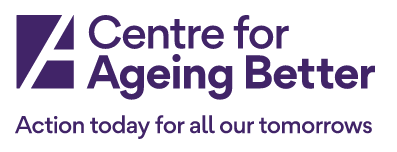 ARMA joins Public Health England and the Centre for Ageing Better to make England the best place to grow old, because musculoskeletal health is vital to healthy ageing.
ARMA joins Public Health England and the Centre for Ageing Better to make England the best place to grow old, because musculoskeletal health is vital to healthy ageing.
ARMA joined over sixty high-profile organisations in the UK’s health, housing, employment, research and voluntary sectors to launch a landmark shared vision on healthy ageing.
There are five key principles: prioritising prevention and public health; creating opportunities for people to contribute to society as they age; fostering accessible and inclusive homes and neighbourhoods so everyone can live where they want; narrowing inequalities in healthy ageing; and challenging ageist language, culture and practices.…
Read more of this article

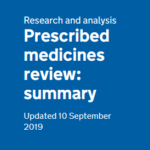
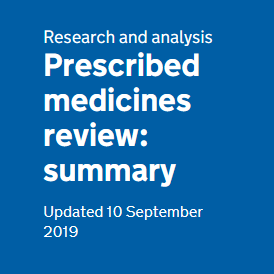 In September, Public Health England published a report on their review of the scale, distribution and causes of prescription drug dependence, and what might be done to address it. This included findings on opioid use for non cancer pain. The report made recommendations for action to reduce the problems caused by dependency and stated that effective, personalised care should include shared decision-making with patients and regular reviews of whether treatment is working.
In September, Public Health England published a report on their review of the scale, distribution and causes of prescription drug dependence, and what might be done to address it. This included findings on opioid use for non cancer pain. The report made recommendations for action to reduce the problems caused by dependency and stated that effective, personalised care should include shared decision-making with patients and regular reviews of whether treatment is working.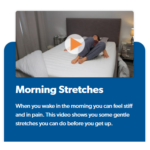
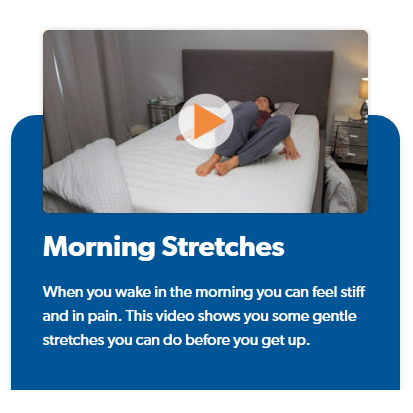 NASS has just released a new series of videos showing how everyone living with axial spondyloarthritis (axial SpA) – including people with ankylosing spondylitis (AS) – can fit some simple but very effective stretches into their daily life.
NASS has just released a new series of videos showing how everyone living with axial spondyloarthritis (axial SpA) – including people with ankylosing spondylitis (AS) – can fit some simple but very effective stretches into their daily life.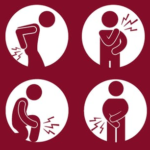
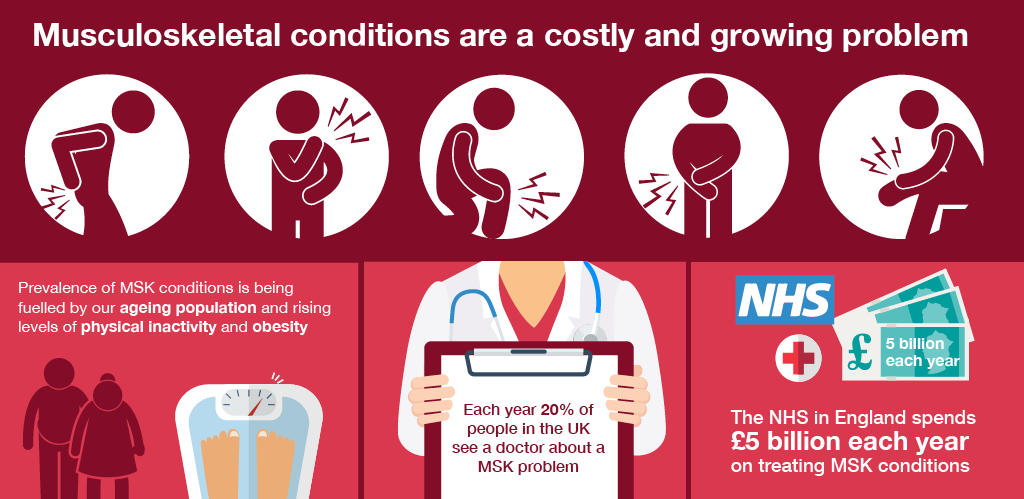
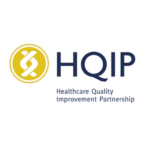
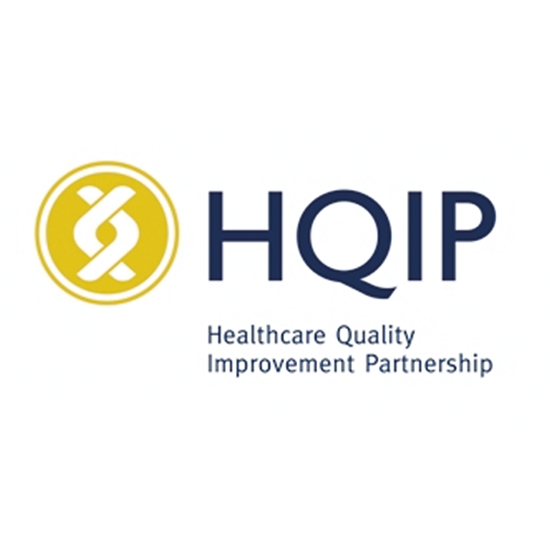 The National Early Inflammatory Arthritis Audit (NEIAA) collects information on all new patients over the age of sixteen seen in specialist rheumatology departments with suspected inflammatory arthritis in England and Wales. The first report was published in October. The audit assesses seven key metrics of care provided for people with new symptoms of arthritis attending rheumatology services for the first time and makes recommendations for services, educators and commissioners.
The National Early Inflammatory Arthritis Audit (NEIAA) collects information on all new patients over the age of sixteen seen in specialist rheumatology departments with suspected inflammatory arthritis in England and Wales. The first report was published in October. The audit assesses seven key metrics of care provided for people with new symptoms of arthritis attending rheumatology services for the first time and makes recommendations for services, educators and commissioners.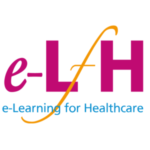
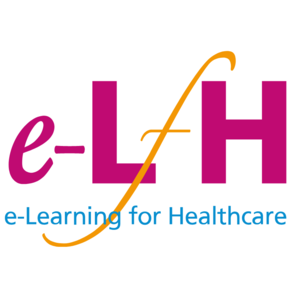 Health Education England e-Learning for Healthcare (HEE e-LfH) has worked with Public Health England and Sport England to launch a new physical activity e-learning programme to help healthcare professionals to champion physical activity with patients.
Health Education England e-Learning for Healthcare (HEE e-LfH) has worked with Public Health England and Sport England to launch a new physical activity e-learning programme to help healthcare professionals to champion physical activity with patients.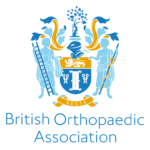
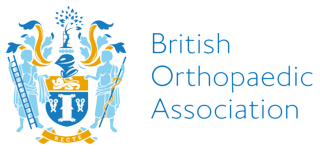 The BOA is pleased to launch its newest BOA Standard (BOAST) on ‘Fracture Related Infections’ (FRI).
The BOA is pleased to launch its newest BOA Standard (BOAST) on ‘Fracture Related Infections’ (FRI).
 The Institute of Osteopathy has published a case study into the use of Patient Reported Outcome Measurement (PROMs) to measure patient outcomes after osteopathic care.
The Institute of Osteopathy has published a case study into the use of Patient Reported Outcome Measurement (PROMs) to measure patient outcomes after osteopathic care.